Search Articles
Browse Content (p. 148)
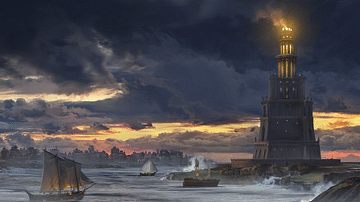
Article
What happened to the Great Library at Alexandria?
Once the largest library in the ancient world, and containing works by the greatest thinkers and writers of antiquity, including Homer, Plato, Socrates and many more, the Library of Alexandria, northern Egypt, is popularly believed to have...
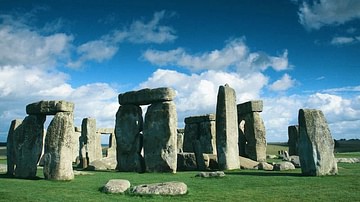
Article
The Stonehenge Burials
A great deal has been written about why the prehistoric monument of Stonehenge, in Wiltshire, southern England, was constructed. Perhaps it was designed as a temple to the ancestors, an astronomical calendar, a healing centre or a giant computer...
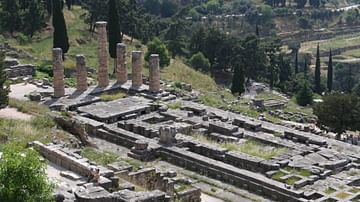
Article
The Pythia – Priestess of Ancient Delphi
The imposing archaeological site of Delphi sits over 1800 feet up on the south-western spur of Mount Parnassus, about 6 miles inland from the Corinthian Gulf, central Greece. The ancient temple complex of Delphi, which dates back at least...

Article
Etymology of the Name India
The name of India is a corruption of the word Sindhu. Neighbouring Arabs, Iranians uttered's' as 'h' and called this land Hindu. Greeks pronounced this name as Indus. Sindhu is the name of the Indus River, mentioned in the Rig-Veda...

Article
Opening the Way to India
Possibly being overjoyed by the tales of mythical exploits of Heracles, Semiramis, the fabled queen of Assyria, Cyrus, King of Persia and so on, Alexander the Great set out from the tiny kingdom of Macedon for a daring adventure, unheard...
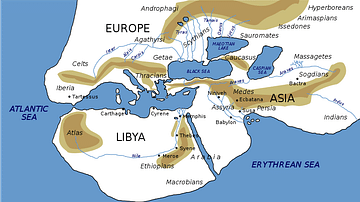
Article
Depictions of India in Ancient Literature
Herodotus (484 BCE – c. 425 BCE) has been called the Father of History since he was the first historian known to collect his materials in detail, test their accuracy to a certain extent and arrange them in a well-constructed and vivid narrative...

Article
Ancient Geography of India
The first text in Greek devoted entirely to India was written by Ctesias in the fourth century BCE. Only fragments of it survive. Yet he was probably the most widely quoted author on India, although Aristotle treated him with contempt. However...
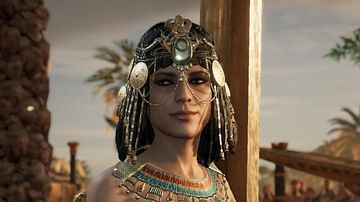
Article
Cleopatra & Antony
Regarded by the Romans as "fatale monstrum" – a fatal omen – Cleopatra is one of the ancient world's most popular, though elusive figures. The Egyptian queen has been immortalized by numerous writers and filmmakers, most popularly by William...

Article
Aristotle on the Constitution of Carthage, c. 340 BC
The Carthaginians are also considered to have an excellent form of government, which differs from that of any other state in several respects, though it is in some very like the Spartan. Indeed, all three states—-the Spartan, the Cretan...

Article
Enheduanna - Poet, Priestess, Empire Builder
Enheduanna (2285-2250 BCE) is the world's first author and was the daughter (either literally or figuratively) of the great empire-builder Sargon of Akkad (2334-2279 BCE). Her name translates from the Akkadian as `high priestess of An', the...